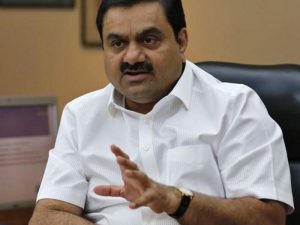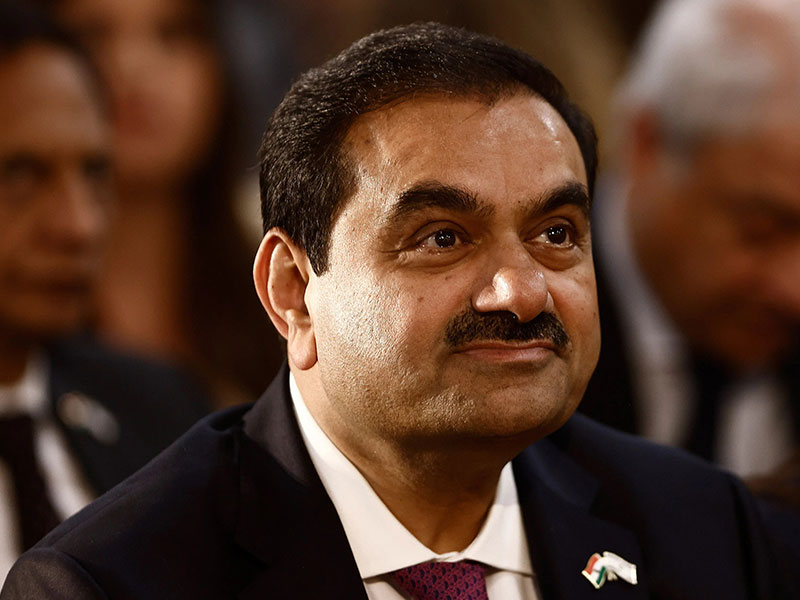Sri Lankan Renewable Energy Sector Urges Transparent Tenders Amidst Adani Green Energy’s Expansion
As India’s Adani Green Energy Limited (AGEL) secures 500 MW of wind power projects in Northern regions, Sri Lankan renewable energy (RE) companies are calling for transparent and competitive tenders to open up the sector.
Representatives from approximately 50 local RE firms recently met with Power and Energy State Minister D.V. Chanaka, advocating for the public disclosure of investment opportunities to facilitate fair competition. Although the Ceylon Electricity Board (CEB) has issued calls for proposals for a 50 MW wind farm in Mannar and ground-mounted solar photovoltaic power plants totaling 165 MW, industry insiders argue that more opportunities should be made available.

Lakmal Fernando, Secretary of the Energy Council of the National Chamber of Commerce, raised concerns over the disparity between advertised tenders and the actual grid capacity available. He pointed out that while tenders have been floated for 215 MW, there are around 1 GW of projects progressing through unsolicited proposals, underscoring the need for greater transparency.
Dr. Fernando highlighted the backlog of over 650 applications from local renewable energy producers pending since 2016 at the Sustainable Energy Authority (SEA). Former CEB General Manager Rohan Seneviratne also emphasized the importance of disclosing available grid capacity, citing a total of 2,700 MW of capacity for renewable energy deployment.
However, concerns have been raised regarding AGEL’s projects, which were not awarded through tenders and do not align with government-to-government projects, despite being portrayed as such. Industry experts emphasize the necessity of transparent allocation of grid capacity to facilitate fair competition and informed decision-making among developers.
Dr. Fernando called for the Ministry to disclose the capacity available at each transfer or substation, enabling developers to identify viable locations for projects. Additionally, the industry intends to submit eight proposals to the government next week, advocating for competitive bidding processes for larger renewable energy projects.
Dr. Lakmal emphasized the need for Sri Lanka to adopt internationally recognized practices for awarding renewable energy projects, highlighting the current ambiguity in the sector’s processes. As the industry awaits government action, stakeholders remain committed to promoting transparency and competitiveness in Sri Lanka’s renewable energy sector.







